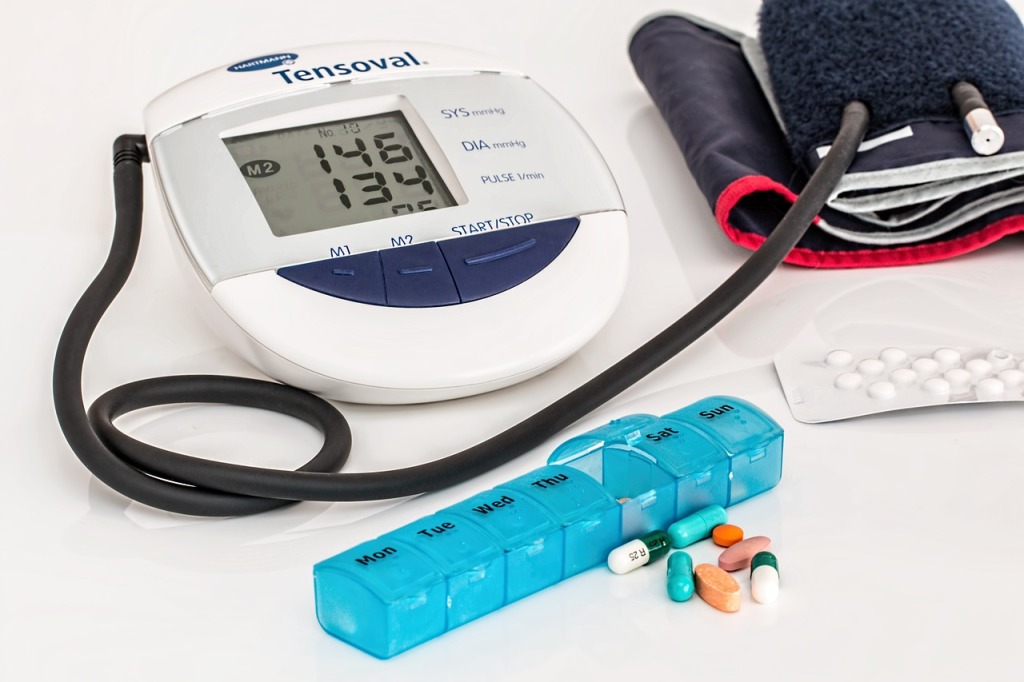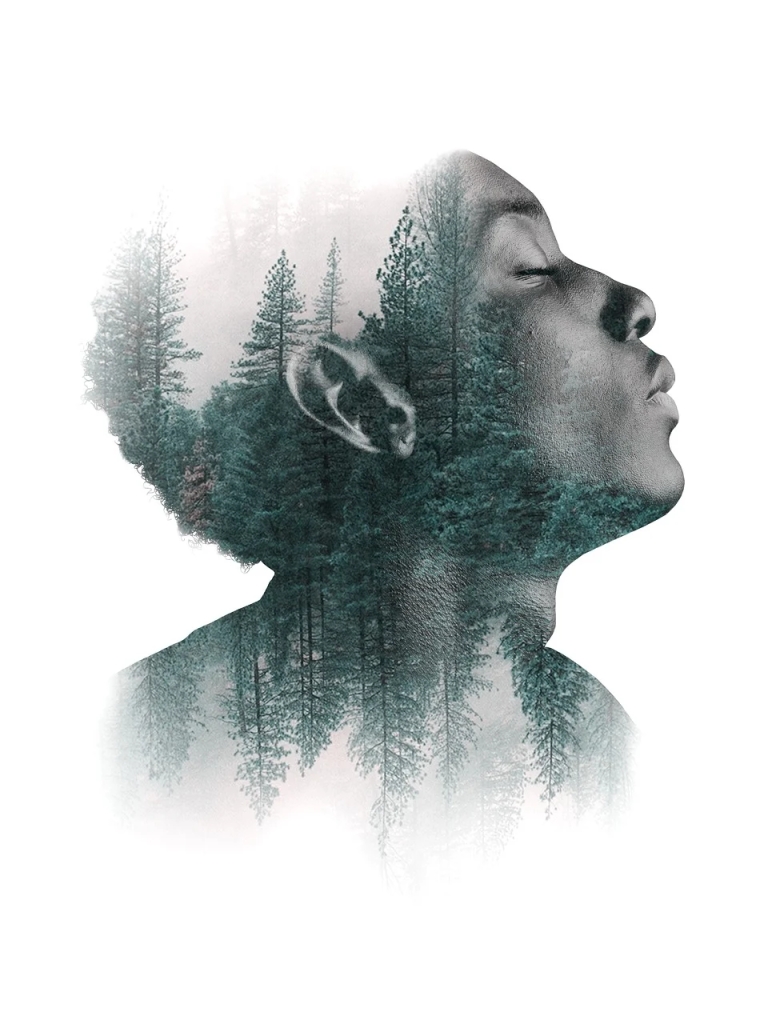
Picture taken from Pixabay
If I had to pick a word to describe mothers, it would be “strong”. Giving birth is no easy feat. Some woman die giving birth. Still, woman continue to use their bodies to bring life into the world. Some women even give birth several times. This includes my own mother (yes I have siblings, but I won’t say how many). My mother is not just strong physically though. She is strong personality wise as well. She has always been a very confident woman, not letting anyone’s negative opinions bring her down. That confidence shines through whenever I need a pep talk to boost my confidence. When whenever I would feel down about my looks she would say she has no ugly children. It would always make me laugh and I would feel better about myself in that moment. She also uses her strong personality to advocate for me. I am a person with a disability. When I was a small child, my school wanted put me in a special education class. My mother was sure that I could learn with other children, so she fought for me to be in a general class. I just needed a little extra attention to keep up with my peers. My mother never took excuses from me. She knew I had limitations and understood them, but she also understood my strengths and had high expectations of me. I am truly grateful for my mother’s strength. If I am blessed to be a mother myself one day, I hope to be a rock to my child like she has been for me. On Mother’s Day and everyday, I celebrate my wonderful mother.
Here is what a few others hva to say about their mothers:
Kimberly Watson https://www.facebook.com/kimberly.watson.169 – My mother overcame a lot and still managed to be a loving and generous person.
Anurag Joti https://www.facebook.com/anurag.joti – Her care, cooking and all
Jutheblog Juane https://www.facebook.com/profile.php?id=61551902597675 – The way she shows love to my sister and me through food, sometimes worrying too much about us and her sacrifices for us









